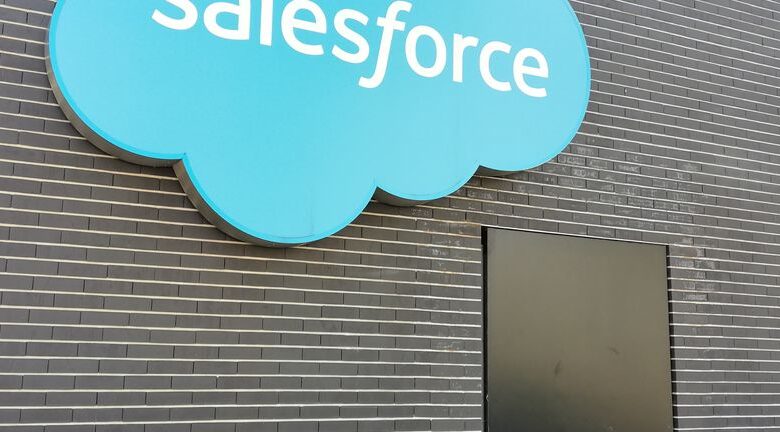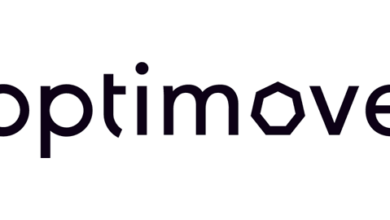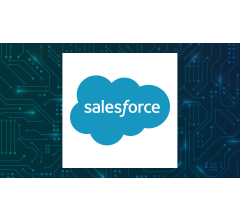Have Insiders Sold Salesforce Shares Recently?

We wouldn’t blame Salesforce, Inc. (NYSE:CRM) shareholders if they were a little worried about the fact that Marc Benioff, the Co-Founder recently netted about US$7.3m selling shares at an average price of US$275. However, that sale only accounted for 0.1% of their holding, so arguably it doesn’t say much about their conviction.
See our latest analysis for Salesforce
The Last 12 Months Of Insider Transactions At Salesforce
Notably, that recent sale by Co-Founder Marc Benioff was not the only time they sold Salesforce shares this year. They previously made an even bigger sale of -US$132m worth of shares at a price of US$267 per share. So it’s clear an insider wanted to take some cash off the table, even slightly below the current price of US$270. When an insider sells below the current price, it suggests that they considered that lower price to be fair. That makes us wonder what they think of the (higher) recent valuation. However, while insider selling is sometimes discouraging, it’s only a weak signal. We note that the biggest single sale was only 2.0%of Marc Benioff’s holding.
Salesforce insiders didn’t buy any shares over the last year. The chart below shows insider transactions (by companies and individuals) over the last year. If you click on the chart, you can see all the individual transactions, including the share price, individual, and the date!
If you are like me, then you will not want to miss this free list of growing companies that insiders are buying.
Insider Ownership Of Salesforce
For a common shareholder, it is worth checking how many shares are held by company insiders. We usually like to see fairly high levels of insider ownership. Salesforce insiders own 2.7% of the company, currently worth about US$7.2b based on the recent share price. This kind of significant ownership by insiders does generally increase the chance that the company is run in the interest of all shareholders.
What Might The Insider Transactions At Salesforce Tell Us?
Insiders sold stock recently, but they haven’t been buying. Looking to the last twelve months, our data doesn’t show any insider buying. But since Salesforce is profitable and growing, we’re not too worried by this. It is good to see high insider ownership, but the insider selling leaves us cautious. So while it’s helpful to know what insiders are doing in terms of buying or selling, it’s also helpful to know the risks that a particular company is facing. In terms of investment risks, we’ve identified 2 warning signs with Salesforce and understanding them should be part of your investment process.
Of course Salesforce may not be the best stock to buy. So you may wish to see this free collection of high quality companies.
For the purposes of this article, insiders are those individuals who report their transactions to the relevant regulatory body. We currently account for open market transactions and private dispositions of direct interests only, but not derivative transactions or indirect interests.
Valuation is complex, but we’re helping make it simple.
Find out whether Salesforce is potentially over or undervalued by checking out our comprehensive analysis, which includes fair value estimates, risks and warnings, dividends, insider transactions and financial health.
Have feedback on this article? Concerned about the content? Get in touch with us directly. Alternatively, email editorial-team (at) simplywallst.com.
This article by Simply Wall St is general in nature. We provide commentary based on historical data and analyst forecasts only using an unbiased methodology and our articles are not intended to be financial advice. It does not constitute a recommendation to buy or sell any stock, and does not take account of your objectives, or your financial situation. We aim to bring you long-term focused analysis driven by fundamental data. Note that our analysis may not factor in the latest price-sensitive company announcements or qualitative material. Simply Wall St has no position in any stocks mentioned.



